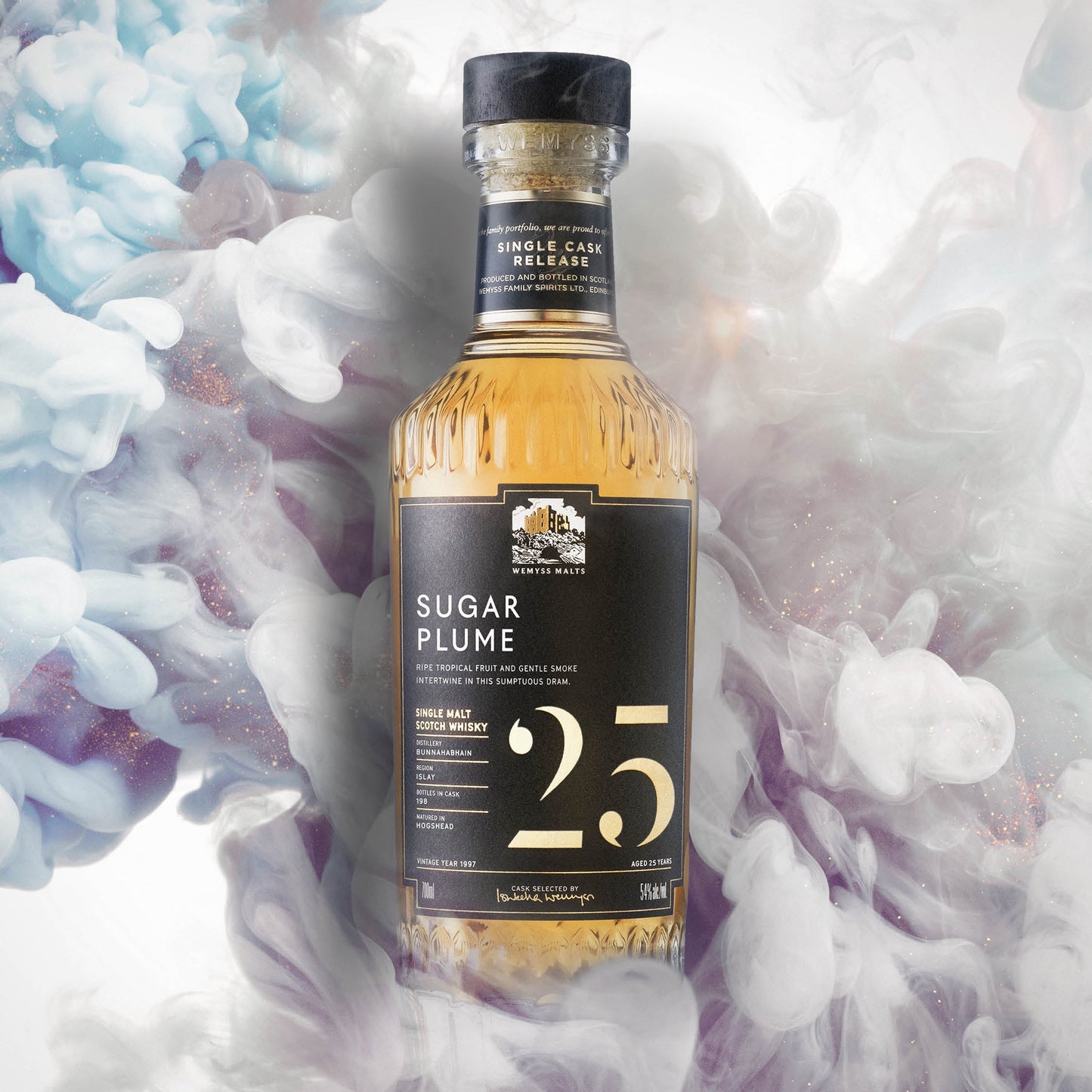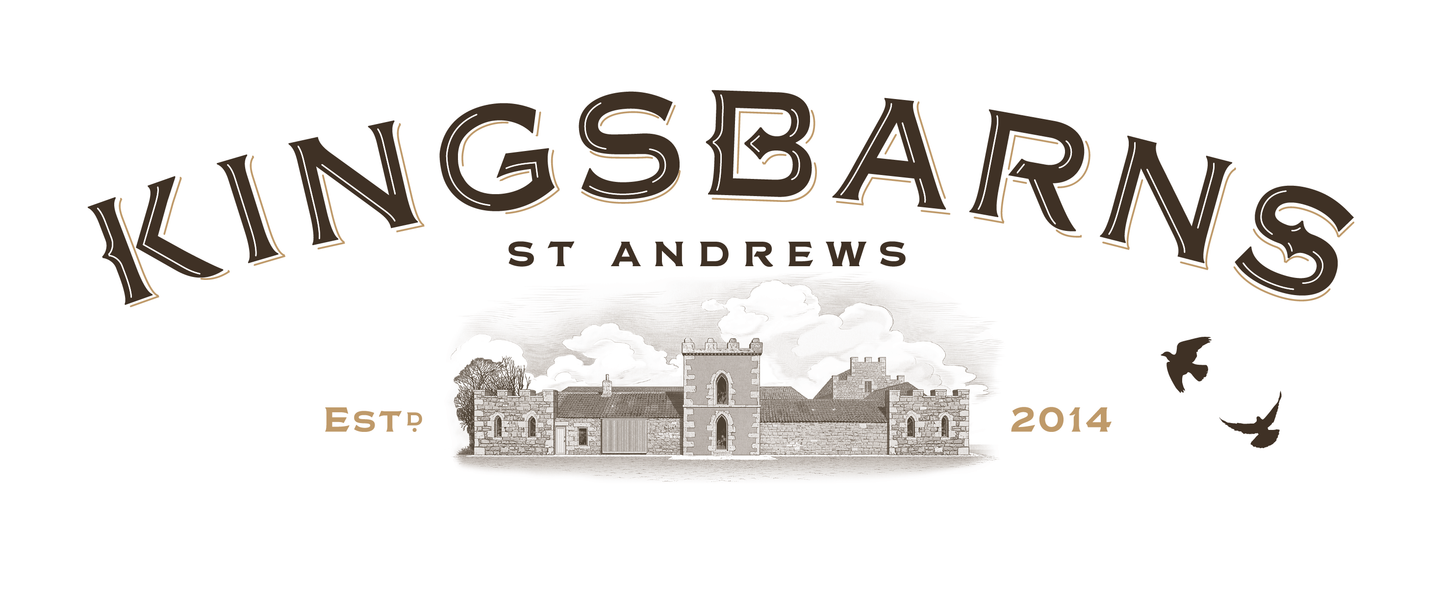Updated in October 2025*
What is the return of investing in a whisky cask in the UK?
A whisky cask investment in the UK typically offers returns of 8–15% per year over 5–10 years, after costs like storage, insurance, and duty are factored in. Returns vary depending on the distillery, cask type, age, and how you sell. It’s not guaranteed, but many investors see strong long-term growth.
Table of Contents
- What is whisky cask investment?
- How does whisky cask investment work?
- How much return can you expect in the UK?
- What are the costs of whisky cask investment?
- Benefits of whisky cask investment
- What are the risks of whisky cask investment?
- How long should you hold a whisky cask?
- Best ways to sell your whisky cask
- How does whisky compare with other investments?
- Emerging trends in whisky cask investment 2025
- FAQs
- Conclusion
What is whisky cask investment?
Whisky cask investment is the process of buying a whole barrel of whisky while it matures in a bonded warehouse. As the whisky ages, its flavour deepens, rarity increases, and the market value usually goes up. Investors can later sell the cask to bottlers, collectors, or even bottle it themselves.
How does whisky cask investment work?
When you buy a cask, you’re purchasing the liquid inside plus the wood barrel. Here’s how it works step by step:
Buy a cask – from a distillery or broker.
Store in a bonded warehouse – legally required in the UK.
Maturation period – whisky ages, loses volume through evaporation (“Angel’s Share”), but gains character.
Regular checks – gauging ABV, RLA (regauged litres of alcohol), and cask condition.
Sell or bottle – after 5–15 years, depending on your strategy.
Ownership is proven by a Delivery Order – always make sure you get this from a reputable seller.
How much return can you expect in the UK?
Returns depend on age, distillery, and exit route.
- Average returns: 8–15% per year over 5–10 years (WhiskyInvestDirect).
- High-end casks: Rare distilleries or older stock can deliver 20%+, but risk is higher.
- Younger casks: Lower entry cost, slower return growth.
Price bands by type:
- New-make spirit (freshly distilled): £3,000–£5,000 per cask.
- Mid-age (5–10 years old): £6,000–£15,000.
- Premium (10–20 years old): £20,000–£100,000+.
Worked example:
If you buy a Speyside cask for £10,000 in 2025:
- Storage & insurance: ~£70–£100 per year.
- After 8 years, cask value could rise to £20,000–£25,000.
- Net return after costs: ~£9,000–£13,000 profit (≈ 11% per year).
What are the costs of whisky cask investment?
It’s not all profit. Here’s what to expect:
- Storage fees: £70–£100 per cask per year.
- Insurance: ~£50–£80 annually.
- Regauging tests: Every few years, £50–£100.
- Duty & VAT: Payable if you bottle, not if you resell in bond.
- Bottling costs: £3–£5 per bottle plus duty & VAT.
- Evaporation loss: Around 2% volume loss each year.
Benefits of whisky cask investment
Here are the top 10 benefits whisky fans and investors enjoy:
- Tangible asset you can visit and inspect.
- Tax perks – often exempt from Capital Gains Tax as a “wasting asset” (HMRC guidance).
- High return potential compared to savings or bonds.
- Long-term hedge against inflation.
- Global demand for Scotch continues to rise.
- Can be passed on as an inheritance.
- Flexibility – sell, auction, or bottle.
- Connection with a distillery or whisky brand.
- Rarity increases with age and evaporation.
- Enjoyment – many investors are whisky lovers first.
What are the risks of whisky cask investment?
Every investment has risks. With whisky casks, the main ones are:
- Fraud – always buy from licensed sellers with proper paperwork.
- Angel’s Share – annual evaporation reduces volume.
- Liquidity risk – it can take time to sell a cask.
- Market changes – demand may fall in some regions.
- Extra costs – bottling and duties can erode profit.
Tip: Work with HMRC-approved warehouses and trusted distilleries like Kingsbarns Distillery.
How long should you hold a whisky cask?
Most investors see the best returns after 5–10 years.
- Short term (3–5 years): Lower returns, mainly speculative.
- Medium term (5–10 years): Sweet spot for returns and resale demand.
- Long term (10–20+ years): High rarity and value, but more risk of evaporation and higher costs.
Best ways to sell your whisky cask
Exit strategy makes or breaks your return. Options include:
- Sell to independent bottlers – quick sale, fair prices.
- Private sale to collectors – potentially higher returns.
- Auction houses – wider audience, competitive bidding.
- Bottle it yourself – higher costs but unique brand opportunity.
How does whisky compare with other investments?
- Stocks & shares: Higher liquidity, but more volatile.
- Gold: Stable, but no growth like whisky maturation.
- Wine investment: Similar to whisky but more storage risks.
- Property: Bigger capital needed, longer management headaches.
Whisky sits between passion investment and serious alternative asset.
Emerging trends in whisky cask investment 2025
Here’s what’s changing:
- Sustainability focus – distilleries exploring eco-friendly barrels.
- AI & blockchain tracking – new tech to fight fraud and confirm provenance.
- Rising Asian demand – continued growth in China and India.
- Tighter regulation – UK bodies pushing for more transparency in cask sales.
- New distilleries – smaller UK distilleries offering cask programmes to fans.
FAQs
1. What annual return can I expect from whisky casks?
Most investors see 8–15% per year over 5–10 years, depending on distillery, age, and costs.
2. Do I pay tax on whisky cask profits?
In the UK, whisky casks are often exempt from Capital Gains Tax as “wasting assets.” Duty and VAT apply only if bottling.
3. How much does a whisky cask cost in 2025?
New-make casks start at around £3,000–£5,000, while mid-aged casks range from £6,000–£15,000. Premium stock can exceed £50,000.
4. Can I lose money investing in whisky casks?
Yes. Risks include evaporation, fraud, and illiquidity. Research, proper documentation, and using trusted sellers reduce risks.
5. Is whisky cask investment better than stocks or property?
It depends on your goals. Whisky offers passion plus profit, but is less liquid than stocks and less stable than property.
Conclusion
Whisky cask investment can be rewarding for both fans and investors. With potential annual returns of 8–15% in the UK, it’s attractive, but not without risks. Always consider costs, timeframes, and exit strategies.


